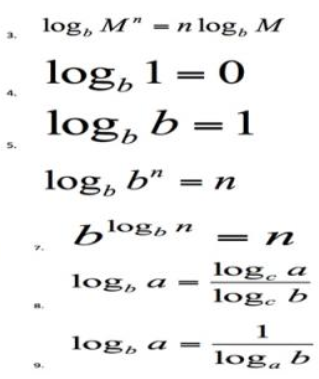FACULTY HOME
Welcome to the Faculty of Health, Natural Resources and Applied Sciences. The Faculty is a very important knowledge-partner that contributes remarkably to the development of the country in various ways. The Faculty is adequately equipped with state-of-the- art facilities for teaching and learning as well as for research. The Faculty consists of three department, namely: The Departments of Applied Sciences, Health Sciences and Agriculture and Natural Resource Sciences.
We offer degree programmes in Biological, Health, Mathematical and Physical Sciences. Our qualifications range from undergraduate degrees through honours and masters, up to doctoral degrees in some cases.
Agricultural Sciences and Agribusiness
- Agriculture
- Horticulture
- Agribusiness
Natural Resource Sciences
- Natural Resource
- Nature Conservation
Clinical Health Sciences
- Medical Laboratory Science
- Emergency Medical Care
- Health Sciences
Preventative Health Sciences
- Environmental Health Sciences
- Health Information Systems
- Human Nutrition
Mathematics, Statistics and Actuarial Science
- Mathematics
- Statistics
- Actuarial Science
Biology, Chemistry and Physics
- Biology
- Chemistry
- Physics
- Radiation Science and Technology









